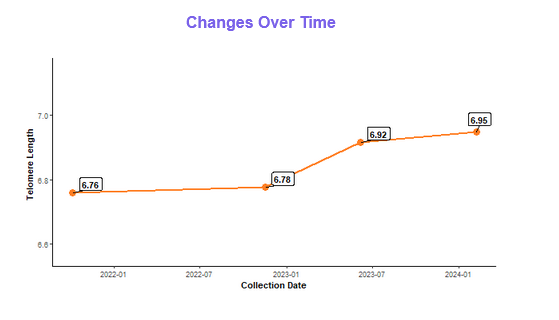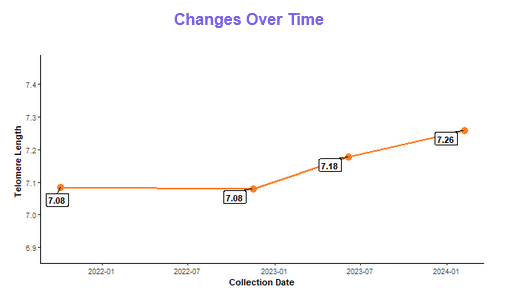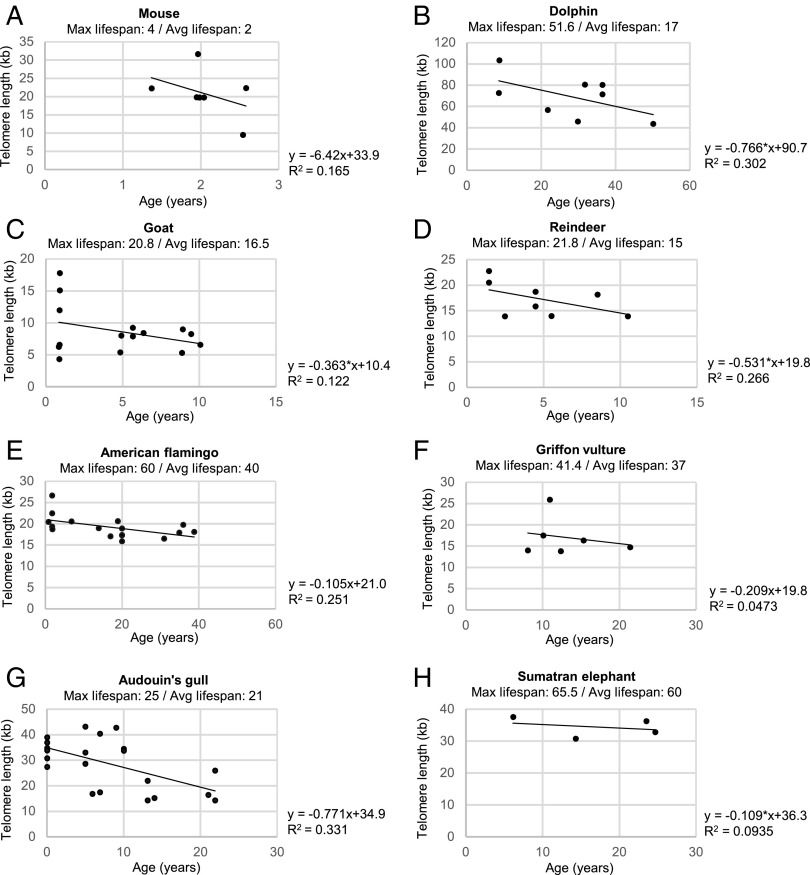We established a life extension program in our North Texas Health and Wellness clinic about 18 months ago. The regimen includes Rapamycin, metformin, NMN, quercetin, etc.
Yes, there are countless tests trying to measuring aging (or aging reversal). In our clinic, we do telomere testing at the beginning of the program and after 12 months for our patients. In our patient data, (18 patients to reach 12 months so far), we’ve seen telomere length increase by 10% to 34% in 100% of our patients.
Thank you.
I have been wondering about that. Best wishes and success in your program.
Great results!
I’d much appreciate more details of the regimen.
- Full list
- Dosing
- Timing
- Results vs control
- Availability out side of North Texas
Short of that this seems like marketing for the program.
Fine by me, but even then shouldn’t one know?
NOT marketing for the program (that’s why the vague description of “North Texas clinic”). We felt these results were worth mentioning.
No affiliation with the “North Texas Clinic” just posting some info ![]()
Even before we started Rap, the NMN and NR we used slightly increased the length of our telomeres. We started on NR, mid 2022 and switched to NMN in 2023.
The last 2 tests had the greatest change and that was when we added Rap in 2022 to our now extensive program. As measured in our 4 Trudiagnostic tests over 3 years.
Steve M

Joan M

@Fein_David , thanks for the update.
I’m still not convinced that telomere length is an important factor in human age limitations, but its interesting to see your results: Is Telomere Length a Good Proxy for Biological Age?
I disagree. There is an accumulation of evidence over many decades that telomere length is an indicator of human aging. Certainly, many of the labs offering the test as part of their anti-aging tests think so.
Telomere length is held to be a marker/indicator, but don’t “long telomeres” do good things that protect from the effects of aging?
Per wiki, " they protect the terminal regions of chromosomal DNA from progressive degradation and ensure the integrity of linear chromosomes by preventing DNA repair systems from mistaking the very ends of the DNA strand for a double-strand break." That sounds good…
I think reasonable people can disagree on this. Lots of counter examples… mice and other rodents with long telomeres that don’t live very long, etc…
My key issue is that I don’t think they are limiting factors in today’s human lifespans, so other things are higher priority.
See this thread: Is Telomere Length a Good Proxy for Biological Age?
Additional results from our 12 month patient base:
16 of the 18 patients saw their
hs-CRP (high-sensitivity cardiac C-reactive protein) decrease by 18% – 50%
homocysteine level decrease by 12% – 36%
ApoB level decrease by 11% – 28%
(the other 2 patients did not see worsening of their labs…just no statistically significant improvements).
Not sure what a telomere length measurement in one tissue tells you. I assume it’s in white blood cells? Lengths could be very different in brain, muscle, liver, etc. I’m not convinced it’s an important measurement in longevity either.
I think that evaluating telomere length through the “longevity” microscope misses a significant aspect of what it means to have longer telomeres.
What keeps the telomeres long? telomerase.
Does low telomerase contribute to shortening of telomeres? Yes
Would longer telomers indicate a more robust telomerase support system? Yes
Telomere length may be a proxy indicator for a healthy telomerase production system.
Is telomerase beneficial outside of what it does for telomere length? widening the view from microscope to telescope will provide a different view.
### Benefits of Telomerase Beyond Telomere Maintenance
While telomerase is primarily known for its role in maintaining telomere length, recent studies have suggested that it may have additional functions unrelated to telomeres. Here are some of the non-telomeric roles of telomerase:
DNA damage repair
Resist Oxidative stress
Improve Mitochondrial function
Improve Metabolic regulation
Support Immune cell proliferation
This is a great initiative for the advancement of gerontology science. I congratulate you. Do you also measure beta galactosidase activity, which indicates the level of aging at the cellular level?
"Telomere length is positively correlated with individual health and lifespan across a wide range of animals ([1]).
The telomere shortening rate has been found to be a powerful predictor of species life span."
“Evidence was obtained that centenarians can maintain TL and telomerase activity better than non-centenarians, and that healthy centenarians have significantly longer telomeres than unhealthy centenarians”
Keep telling me it doesn’t matter. If nothing else it is probably a predictor of healthspan.
I quit measuring telomeres after being on TA-65 for five years. No change in health, diet, exercise, lifestyle and the measurements varied +2/-4 from chronological age. I checked it annually with Lifelength.
It matters. Lengthening can increase cancer risk.
Probably only because it increases lifespan.
Not disagreeing - I really don’t know anything about what telomeres do.
Shortened telomeres can trigger the activation of tumor suppressor mechanisms, like the p53 pathway, which prevents damaged cells from proliferating. Lengthening telomeres could bypass these protective mechanisms, allowing potentially cancerous cells to survive and proliferate.
Which of the tests are you using to measure telomere length?
